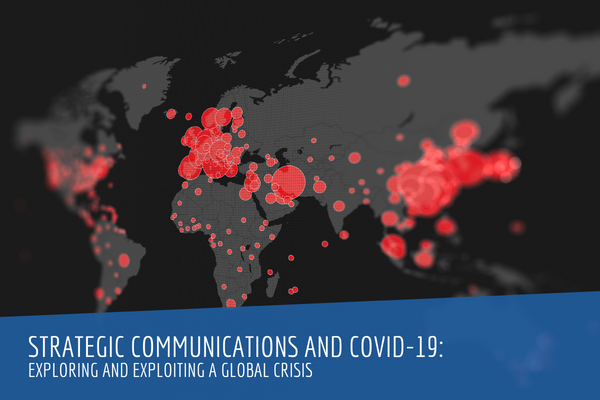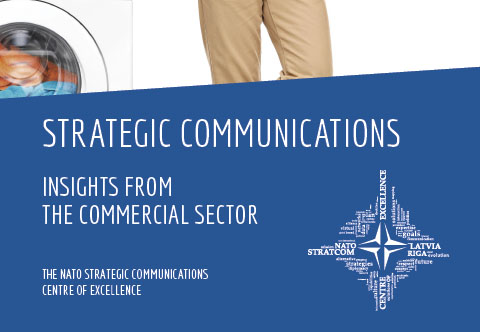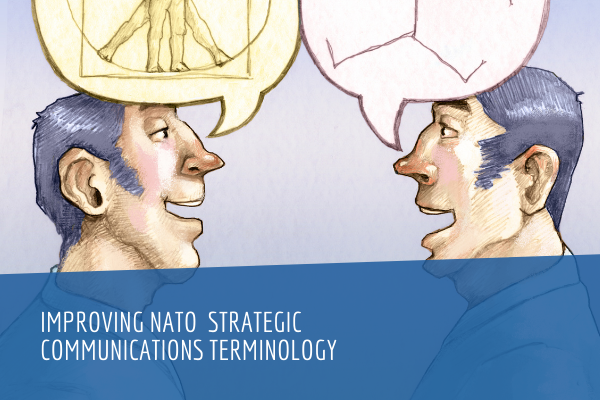Strategic Communications and COVID-19 report draws on fresh and revealing insights from authors around the world. James Farwell finds a United States at odds with itself, fractured and polarised, and where the Covid pandemic has wrought a terrible toll in mortalities. More concerning for this commentator is how the response to the virus fed into further dividing a society only to undermine ‘the unity critical to project power, eroding the population’s will to support national policies or purposes’. Covid would lead to a weakened ability for the country to project national power. Paul Bell finds the small South Caucasian state of Georgia, already economically weak and politically deadlocked before the crisis, even less likely to secure EU accession and NATO membership afterwards, and consequently more vulnerable to the threat from Russia. Post-Covid days in Georgia are playing out to the refrain of a Hard Rain on a Bad Roof. How did some states seek to exploit the crisis to benefit their own national interest? Aurelio Insisa looks at China’s attempts to project renewed influence into the global South. At the same time, it reveals how Beijing pushed back against a growing backlash from other global powers with their uneven and inadequate handling of the pandemic. Vera Michlin-Shapir observes how Russia’s government attempted to exploit the Covid crisis geopolitically by prompting foreign criticism of its homegrown Sputnik V vaccine, only to be met with a backlash at home and resistance by ordinary Russians to use it. Martin Innes has captured through open-source intelligence a variety of responses to public health interventions during the Covid years, noting how violent reactions have emerged to form ‘a broader coalition that is antilockdown, anti-mask, and anti-vaccine, while holding an adversarial view of Western liberal democratic governance’. Vinicius Mariano de Carvalho discovers an attempt to create an ‘alternate reality’ in Brazil where that country’s President pursued a policy of disinformation and misinformation, denying both the scientific data and the measured impact of an unrestrained Covid virus on the population. The consequences have been alarming: the second highest mortality rate in the world. This despite a history of vaccination with an established success record until now due in no small part to repeated Strategic Communications campaigns in the past. Karen Allen surveys the African continent where its rapid pace of digital transformation offered a target during the pandemic for a shift from cybercrime to digital attacks on health service providers, government ministries, and international NGOs. Growing uncertainty in the digital space served to highlight the competition between international hardware and data storage suppliers within a broader geopolitical landscape.






